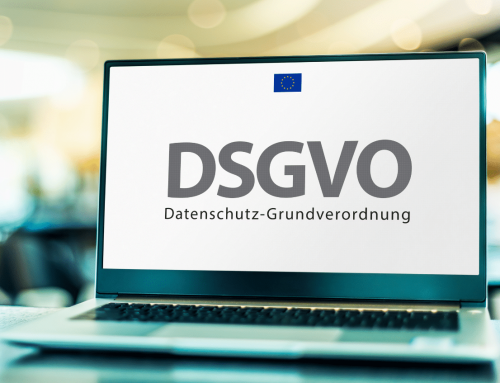The days when there was a sales assistant at every checkout are slowly becoming a thing of the past. More and more retailers are turning to self-service checkouts to save costs and make shopping faster and more convenient for customers. But what many people don't realize is that these checkouts pose a huge risk of theft. To counteract this, more and more retailers are turning to the support of artificial intelligence (AI). But is this the solution - or is the technology creating new problems?
Self-service checkouts: Efficient, but susceptible to fraud
The number of self-service checkouts in Germany is increasing rapidly. According to the retail research institute EHI, there are now at least 6,000 stores with over 20,000 of these checkouts. But with the introduction of this technology, one problem is becoming ever greater: theft. Experts estimate that the number of shoplifting incidents at self-service checkouts is 15 to 30 percent higher than at traditional staffed checkouts. So what was intended as a time-saving innovation is leading to costly losses for retailers.
Artificial intelligence: the new security assistant
The solution that many retailers are now looking for is called artificial intelligence. These intelligent systems monitor the entire scanning process in real time and detect suspicious behavior. For example, a discrepancy between the scanned item and what was actually placed in the shopping cart is recognized immediately. In such cases, the system can send a signal to staff without the customer noticing.
This works not only for classic theft, but also for unintentional errors. If a customer forgets to scan a product, a message could appear on the checkout display indicating that an item may not have been scanned. This "smart" technology is now so sophisticated that it can even recognize items such as vodka bottles in a water crate or detect when a cheaper item is replaced with a more expensive one.
Data protection: How secure is our data?
Of course, there are also concerns about data protection. Consumer rights activists wonder whether the constant monitoring at self-service checkouts does not violate data protection regulations. However, the providers of the AI systems assure us that the technology complies with data protection regulations. Customers remain anonymous as no camera recordings are stored permanently. Instead, the system only analyzes in real time whether irregularities occur in the purchasing process.
It remains to be seen whether these security measures will actually be enough to gain the trust of customers.
Do we really need digital surveillance in the supermarket?
At first glance, the introduction of AI in self-service checkouts may seem like a simple solution to reduce theft and increase efficiency. But the question remains: How much surveillance do we really need to make retail safe? The technology may help prevent theft in many cases, but it could also cross the line between efficient security solution and inappropriate surveillance.
Surveillance or security? The fine line in digital retail
AI in retail - useful or creeping surveillance? It is undeniable that theft at self-service checkouts is a real problem. But the question that arises here is: should our society really become a world in which every movement in the store is monitored in order to save a few euros? We need to consider how much control we are willing to leave in the hands of machines. Of course it is important that retailers are protected, but the price of security could be dehumanizing surveillance. A hot topic that urgently needs more attention.







